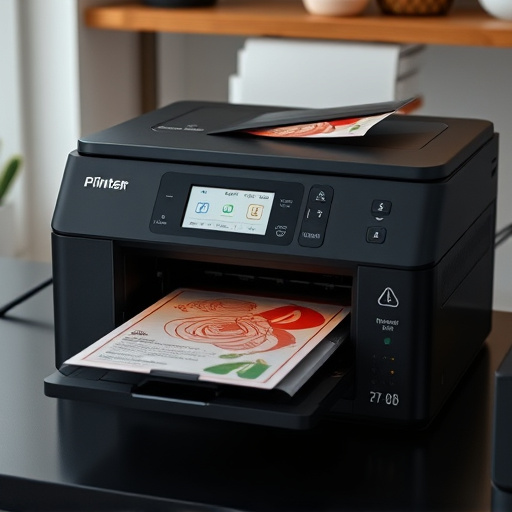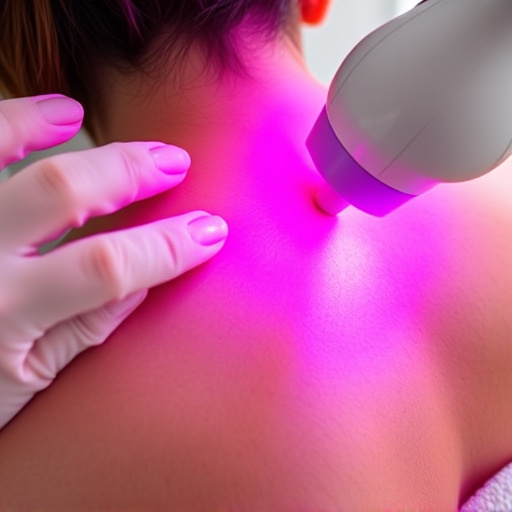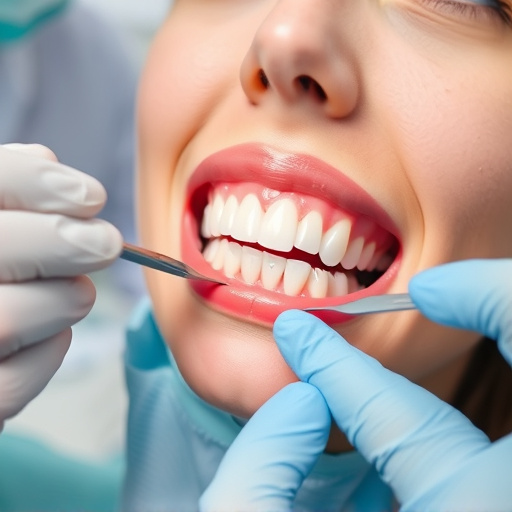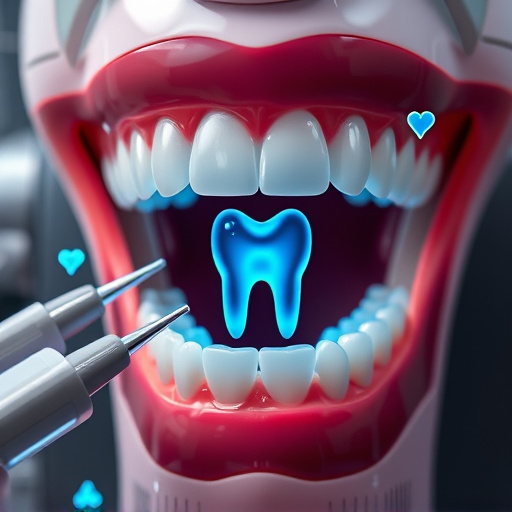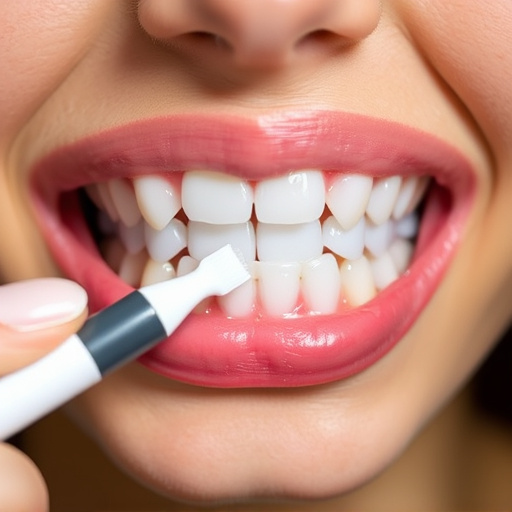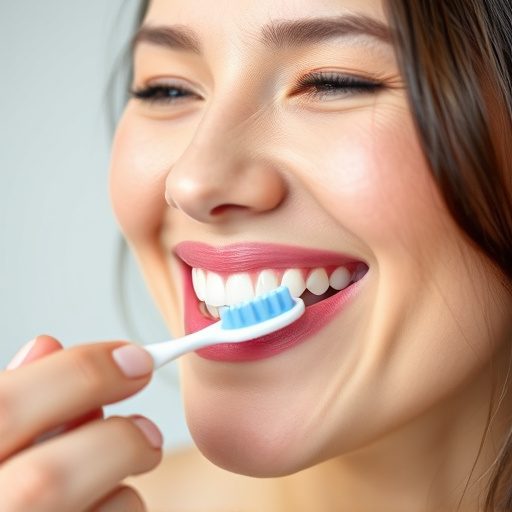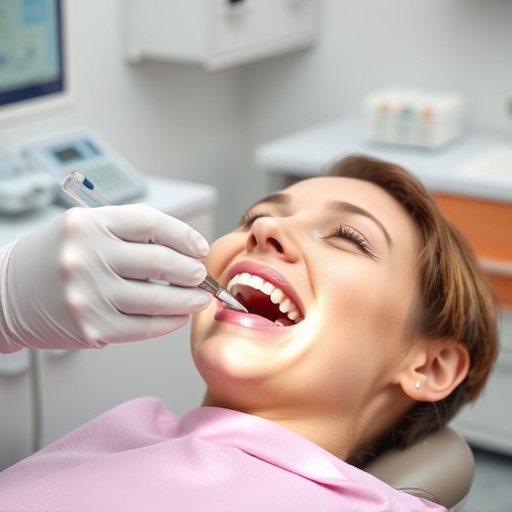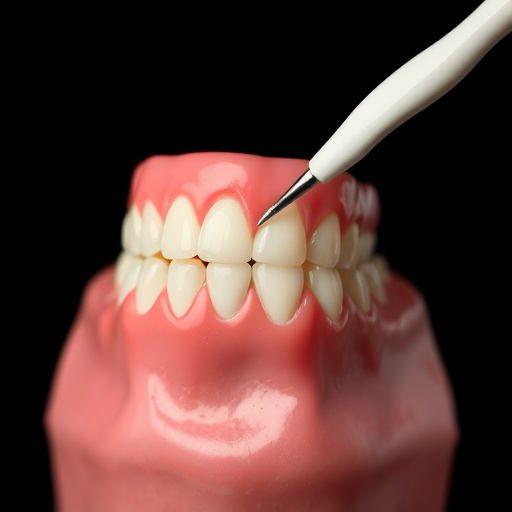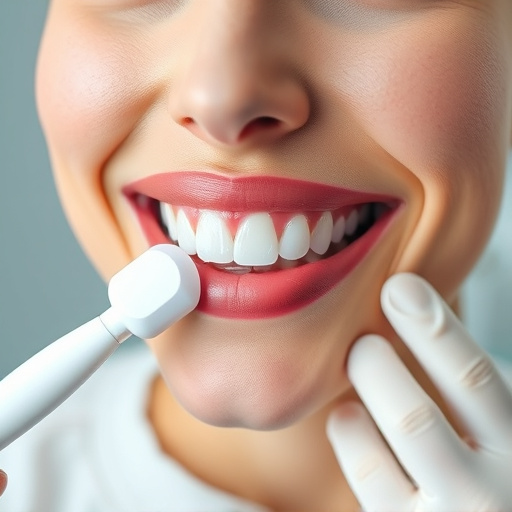Unexpected dental emergencies are common but preventive dental care is key to saving teeth and preserving oral health. Regular checkups, cleanings, proper hygiene education, and prompt addressing of concerns through comprehensive dental services ensure optimal dental health, avoiding costly procedures like crowns or tooth repair. Early intervention through routine visits detects issues early, preventing emergency scenarios like tooth loss.
Emergency dental care is often a last resort, but it plays a pivotal role in preventing tooth loss and preserving oral health. This critical service addresses urgent issues like severe toothaches, broken teeth, or oral traumas. Understanding when and how to access emergency dental care can save teeth and avoid further damage. By combining preventive measures with timely intervention, individuals can maintain optimal oral health and avert potential long-term complications, emphasizing the importance of proactive and comprehensive preventive dental care.
- Understanding Emergency Dental Care Needs
- Preventive Measures for Tooth Preservation
- Early Intervention Saves Teeth Long-Term
Understanding Emergency Dental Care Needs
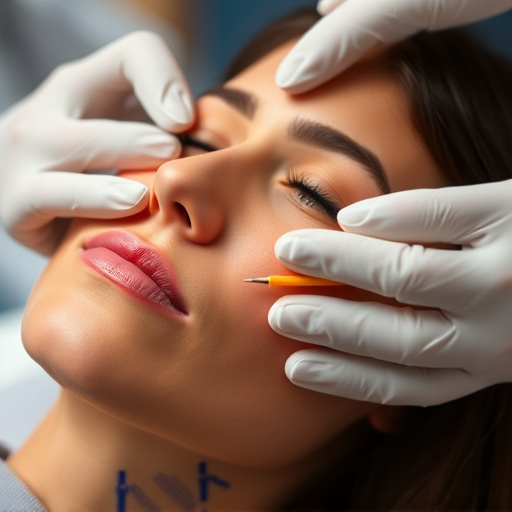
In today’s fast-paced world, unexpected dental emergencies can arise at any moment, from a sudden toothache to an accident that knocks out a tooth. Understanding when and how to access emergency dental care is crucial for preventing tooth loss and preserving oral health. Emergency dental services provide immediate attention, offering not just pain relief but also critical interventions that can save teeth and prevent further damage.
Regular preventive dentistry, which includes routine checkups and cleanings, plays a vital role in identifying potential issues early on. Comprehensive dental care involves more than just treating problems; it encompasses educating patients on proper oral hygiene practices, recommending clear aligners for discreet orthodontic corrections, and addressing any concerns promptly. By combining these aspects of preventive dental care with emergency services, individuals can maintain optimal oral health, ensuring their smile remains vibrant and functional for years to come.
Preventive Measures for Tooth Preservation
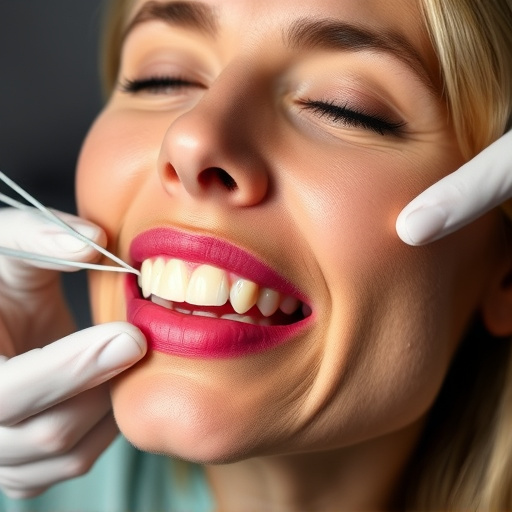
Regular preventive dental care plays a pivotal role in preserving our teeth and avoiding costly and invasive procedures like tooth repair or replacement with dental crowns. This includes routine cleanings and check-ups, which help remove plaque and tartar buildup that can cause cavities and gum disease. By addressing issues early through preventive measures, dentists can avoid more extensive restorative dentistry procedures down the line.
Additionally, adopting a healthy oral routine at home is crucial. Brushing twice daily with fluoride toothpaste and flossing once per day are fundamental practices for maintaining optimal dental health. A balanced diet rich in calcium, vitamin D, and other essential nutrients also contributes to strong teeth and gums, further reinforcing preventive dental care efforts.
Early Intervention Saves Teeth Long-Term
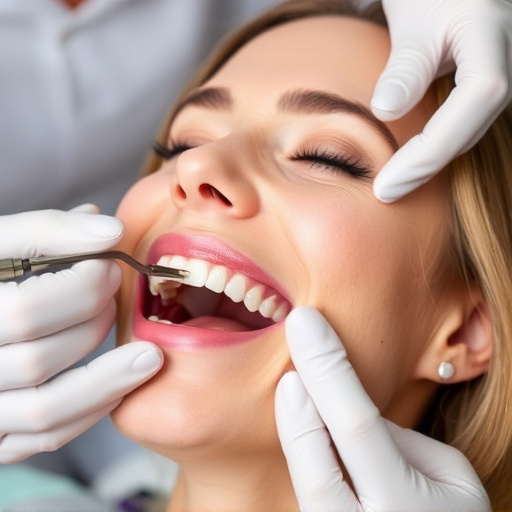
Early intervention is key when it comes to preserving dental health. Preventive dental care plays a crucial role in saving teeth and avoiding long-term issues. Regular check-ups and cleanings are not just about maintaining a bright smile; they serve as a vigilant surveillance system for any potential problems. Dentists can often detect the earliest signs of decay, gum disease, or tooth damage during these routine visits, allowing for prompt action to prevent further deterioration.
For instance, minor cracks or chips in teeth might go unnoticed without professional examination. Emergency dental care becomes necessary when such issues are left untreated. What starts as a small problem can escalate into significant tooth loss or the need for extensive treatments like cosmetic fillings or even dental fillings replacements. By prioritizing preventive dental care, individuals can avoid these emergency scenarios and maintain their natural smile over time.
Emergency dental care plays a pivotal role in preserving tooth health and preventing loss. By understanding immediate needs and taking proactive measures, individuals can significantly reduce the risk of further damage. Early intervention is key; addressing dental emergencies promptly ensures teeth remain intact and healthy in the long term. Incorporating preventive dental care practices into daily routines further strengthens oral health, underscoring the essential balance between swift action and consistent maintenance.
